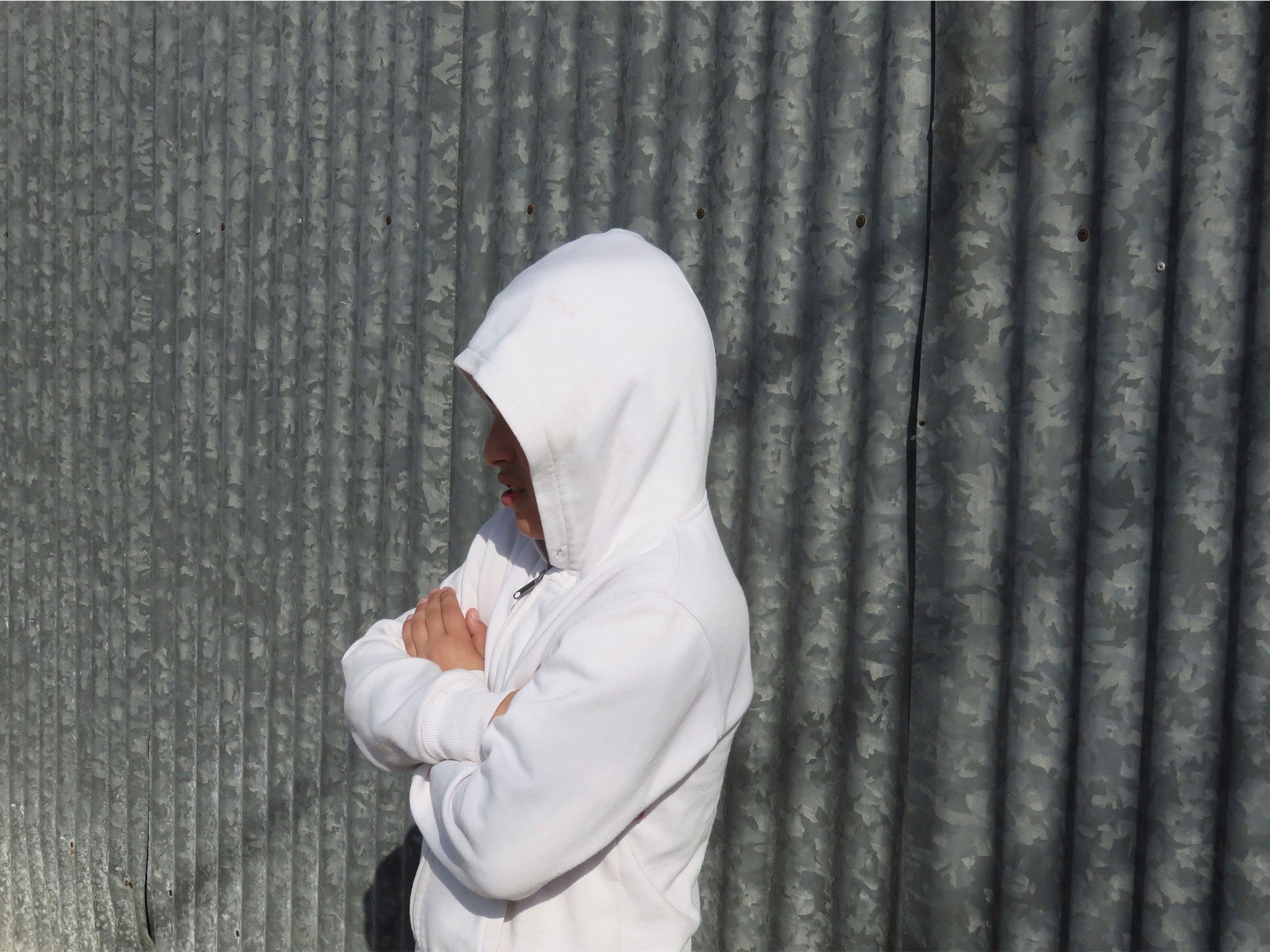Children in care should not face prosecution for minor offences, urges report
A year-long inquiry into the disproportionate number of children in care accused of criminal offences has urged for greater support for vulnerable young people

Young people in care should not be prosecuted for minor offences, a major report has advised, in a bid to protect vulnerable and disadvantaged children from criminalisation.
An independent review chaired by Lord Laming for the Prison Reform Trust found that children in care are six times more likely to be cautioned or convicted of a crime than other young people.
Lord Laming has called on the Government to launch a new reform programme to help young people in care and reassess how those who get into trouble with the law are reprimanded.
The advice follows reports that around half of the 1,000 children in custody in England and Wales have lived in social care, despite looked-after children representing just 1 per cent of all children in England and 2 per cent of those in Wales.
In Care, Out of Trouble – which analyses data from 60 per cent of local authorities as part of a year-long inquiry - describes how looked-after children are often prosecuted for challenging behaviour that would normally be dealt with in the family home.
Examples of court cases involving young people included minor offences such as “kicking door, squirting shower gel on carpets or using abusive language to staff”.
One former magistrate said she had “often raised concerns about the way trivial incidents in children’s homes resulted in police call-outs and prosecutions in circumstances where ordinary parents would never resort to criminalising their own children“.
Lord Laming, who chaired the report, said: “It is important to investigate and address the needs of minority groups of looked after children who are at risk of involvement in the criminal justice system.”
“We must stop having children in care sucked into the criminal justice system for trivial reasons,” he added.
The report urges that early support for children and families at risk of falling into the criminal justice system must be increased.
Formation of a cabinet sub-committee or equivalent is also recommended, to provide national leadership in protecting looked-after children and young people from what the group deems as “unnecessary criminalisation”.
A government spokesman said: ”The rules are clear that no child living in a children's home should be criminalised for behaviour that would not concern the police if it happened in a family home.
“While youth crime is down, we recognise that re-offending rates are too high and that the care and supervision of young offenders in custody is not good enough.”
Join our commenting forum
Join thought-provoking conversations, follow other Independent readers and see their replies
Comments
Bookmark popover
Removed from bookmarks